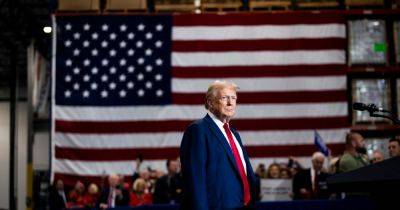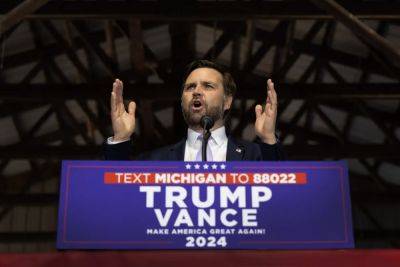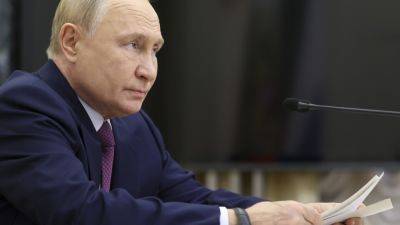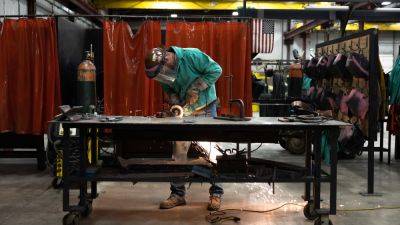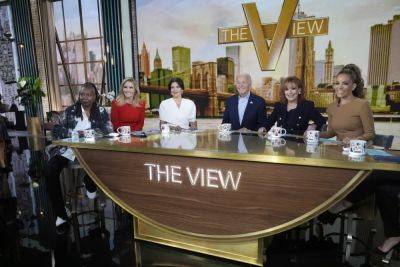Have economists gone out of fashion in Washington?
Shortly after World War II, President Harry S. Truman signed into law the Employment Act of 1946. The main purpose of the law was to ensure that Americans had jobs as they came home from war and the economy wound down from wartime production. But the law had a much more lasting legacy: It created the White House Council of Economic Advisers (CEA), which has given official economic analysis and advice to presidents for over 75 years.
For the economics profession, the creation of the CEA was a big deal. All of a sudden they had a formal advisory body to the president of the United States. How many other professions get that? Not many.
Despite signing this legislation into law, however, President Truman was slow to appoint members to the council. People started prodding him. And, finally, he was like, “Fine, OK. Let’s let some egghead economists into the doors of 1600 Pennsylvania Ave.”
The president appointed two Ph.D.-trained economists and a lawyer — who had started an econ Ph.D. but never finished — to the three-member council. Of the three, Edwin Griswold Nourse, who got his Ph.D. in economics at the University of Chicago, served as the chair.
Looking back at his time as the first CEA chair in American history, Nourse complained that Truman wasn’t actually very interested in the thoughts of economists.
“U.S. News and World Report once had a lengthy survey of opinion about Mr. Truman and one of the things they said is: ‘Mr. Truman is uncomfortable with scientists and economists. They are too precise and logical. He works on a different beam,’” Nourse recalled in a 1972 interview. “And that, in my judgment, was a very true appraisal of him…. In his decisions he turned automatically to business people, political people,


